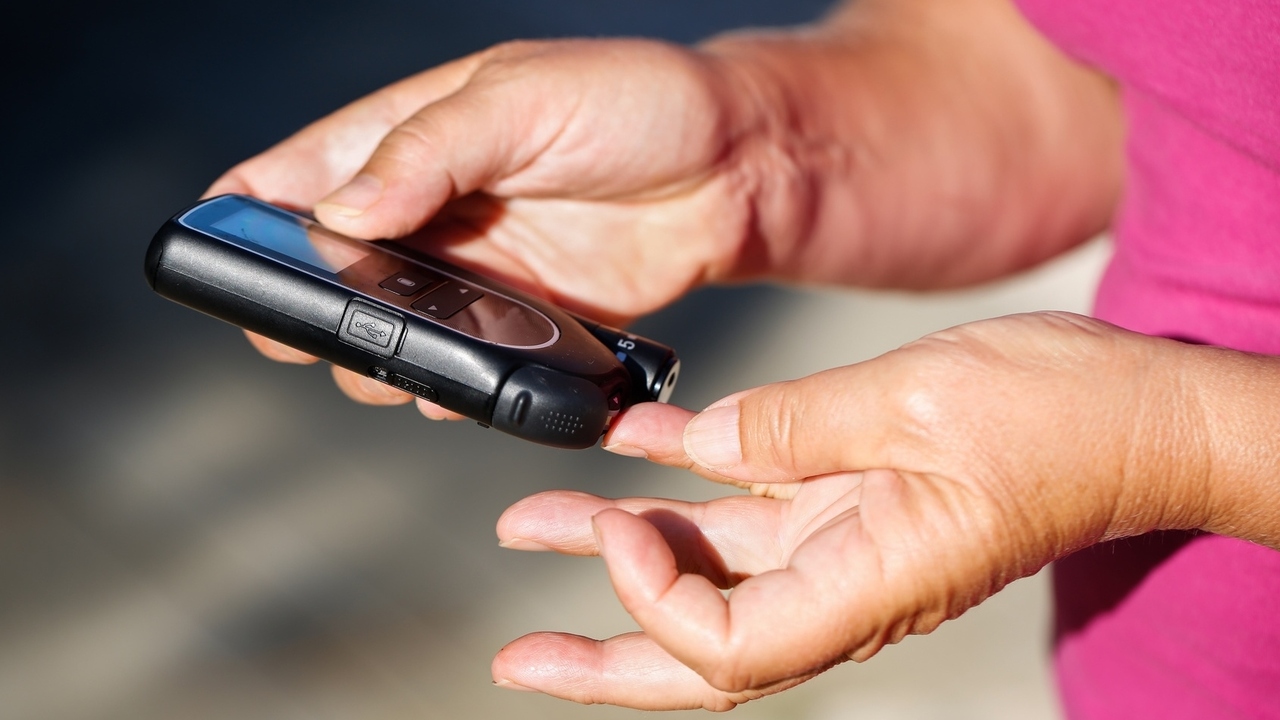 Photo: Getty Images
Photo: Getty Images
If you need an organ transplant and you have an identical twin willing to donate, you have an excellent chance for success in most cases. Unfortunately, there are exceptions. Patients with type 1 diabetes are unable to produce insulin because of autoimmune damage to the pancreas. The medical literature reports that partial pancreas transplants have been performed between identical twins, with healthy donor and diabetic recipient. This should have cured the diabetes. But it did not cure the autoimmune process that destroyed the recipient twin's original pancreas. The transplanted partial pancreas was also destroyed in a short time.
Type 1 diabetes patients are at risk of damage to many organs and tissues from blood sugar levels outside the normal range. When kidney failure occurs, a treatment option is a combined kidney/pancreas transplantation. Immunosuppressive drugs are necessary for the kidney transplant in almost all cases (since most people don't have identical twins). When the donor kidney comes from a cadaver, it seems reasonable to give the recipient a new pancreas as well. A recent article in the Diabetes medical journal reports on three such patients. All received thymoglobulin and daclizumab as immunosuppressive drugs. Two also received rituximab. These drugs were sufficient to save the new kidneys from immune attack, but the new pancreases were also damaged, and type 1 diabetes returned.
Mycophenolate mofetil has been tried on patients newly diagnosed with type 1 diabetes in another attempt to stop the autoimmune process. Unfortunately, it was not effective, either alone or in combination with daclizumab.
These failed attempts to stop disease progression with standard immunosuppressive drugs are undoubtedly frustrating to researchers and patients alike. However, they do provide important data. The immune system is perhaps the most complicated system in our bodies, and knowing what does not work gives us clues about where to look next.
Research approaches using blood-derived stem cells have demonstrated promising results in animal models. Check with your doctor to see what the latest results mean to you.
References:
1. Vendrame F et al, “Recurrence of type 1 diabetes after simultaneous pancreas-kidney transplantation, despite immunosuppression, is associated with autoantibodies and pathogenic autoreactive CD4 T-cells”, Diabetes. 2010 Apr; 59(4): 947-57.
2. Gottlieb PA et al, “Failure to preserve beta-cell function with mycophenolate mofetil and daclizumab combined therapy in patients with new-onset type 1 diabetes”, Diabetes Care. 2010 Apr; 33(4): 826-32.
3. von Herrath M, “Can we learn from viruses how to prevent type 1 diabetes?” Diabetes. 2009 Jan; 58(1): 2-11.
4. Zhao Y et al, “Immune modulation of blood-derived stem cell as a comprehensive tool for treating type 1 diabetes”, Discov Med. 2009 Dec; 8(43): 219-22.
Linda Fugate is a scientist and writer in Austin, Texas. She has a Ph.D. in Physics and an M.S. in Macromolecular Science and Engineering. Her background includes academic and industrial research in materials science. She currently writes song lyrics and health articles.






Add a CommentComments
There are no comments yet. Be the first one and get the conversation started!